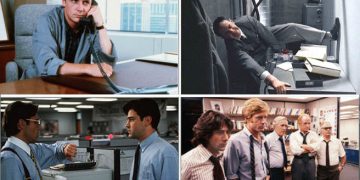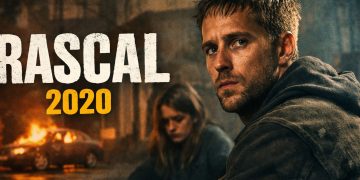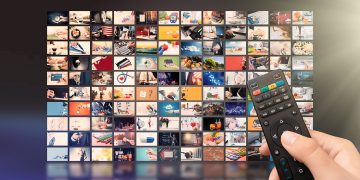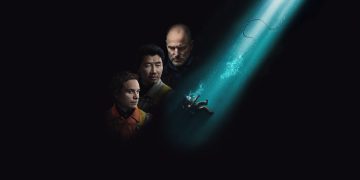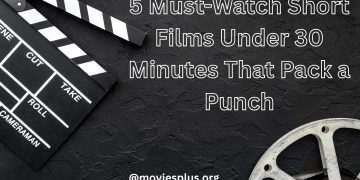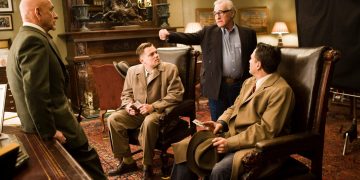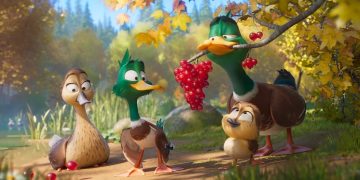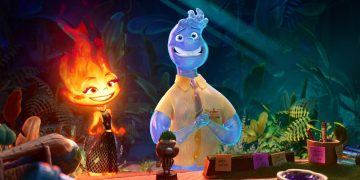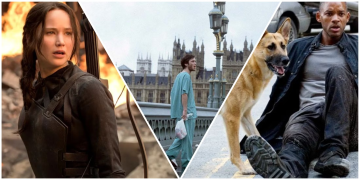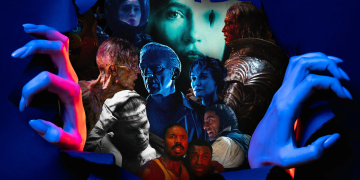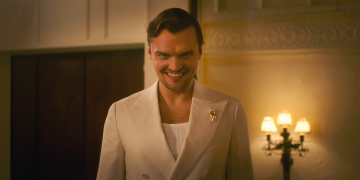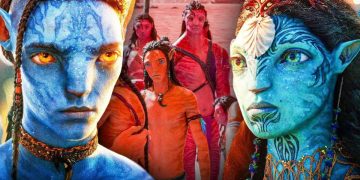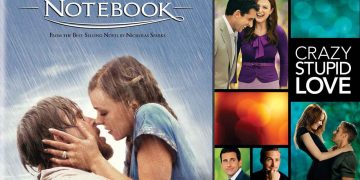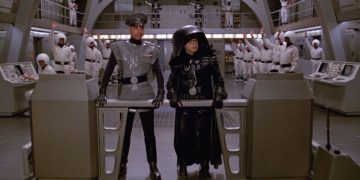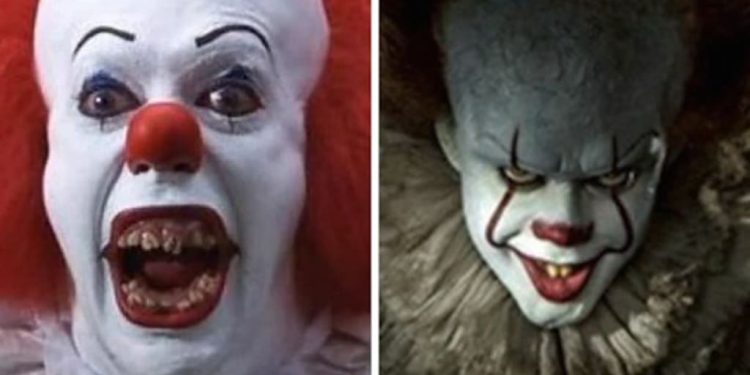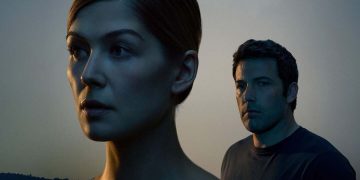In the world of cinema, the debate between original vs remake is a hot topic that sparks passionate discussions. Whether it’s an iconic horror movie, a beloved action thriller, or a timeless romantic comedy, filmmakers have often revisited older classics to create fresh interpretations for modern audiences. But the question remains—which version is better? In this article, we’ll explore both sides of the debate, evaluating the pros and cons of the original and remake versions of famous films and shows.
1. Understanding the Concept of Remakes
Before diving into the debate, it’s important to understand what defines a remake. A remake is a new version of an earlier movie or TV series, often updating the storyline, visuals, or technology. Filmmakers may opt for a remake to appeal to a new generation of viewers, or because the original story holds cultural significance that they want to revisit.
1.1 The Appeal of Remakes
The idea of revisiting and reinterpreting a popular story isn’t new. Remakes offer a chance to modernize older narratives, bringing in new actors, updated special effects, and modern cultural context. The appeal of remakes often lies in the familiarity of the original—audiences are drawn to known stories, characters, and themes. However, the addition of fresh perspectives and technological improvements often creates a blend of nostalgia and novelty.
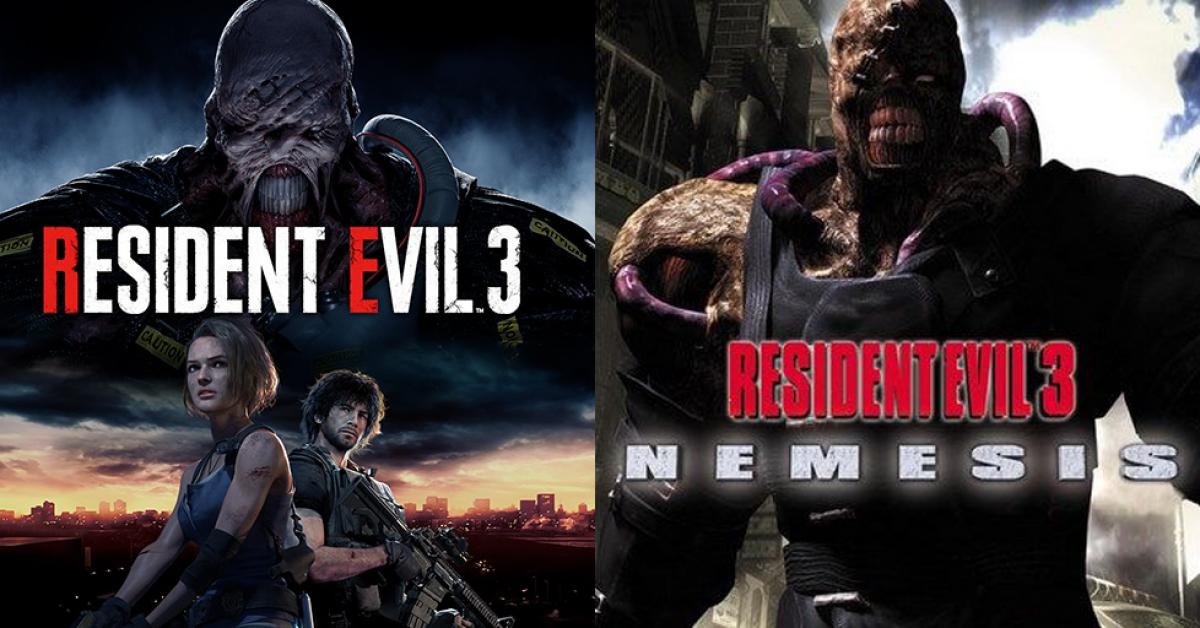
Remakes bring new life to familiar stories, blending nostalgia with innovation.
1.2 The Role of Technology in Remakes
One of the biggest advantages of remakes is the ability to use modern technology. With the advancements in special effects, CGI, and sound design, remakes can offer a more visually stunning experience than their original counterparts. For example, The Lion King (2019) used cutting-edge animation to bring its iconic story to life, updating the visuals while maintaining the heart of the original film. Such technological innovations are often what sets a remake apart from the original.
2. The Advantages of Originals
While remakes certainly have their charm, original films hold a unique place in cinematic history. The original movie is often the product of innovation, a creative risk, and sometimes even accidental genius. Originals are born from the vision of filmmakers and their ability to capture the cultural zeitgeist in a way that resonates with audiences.
2.1 The Charm of the First Experience
There is something special about experiencing a movie or show for the first time. Original films give audiences the unique opportunity to discover a fresh story, often leaving a lasting impact. Watching the original of any classic movie means you’re encountering the visionary storytelling of a filmmaker who was likely taking a bold risk. That first viewing is often unmatched, as it represents the purest form of discovery.
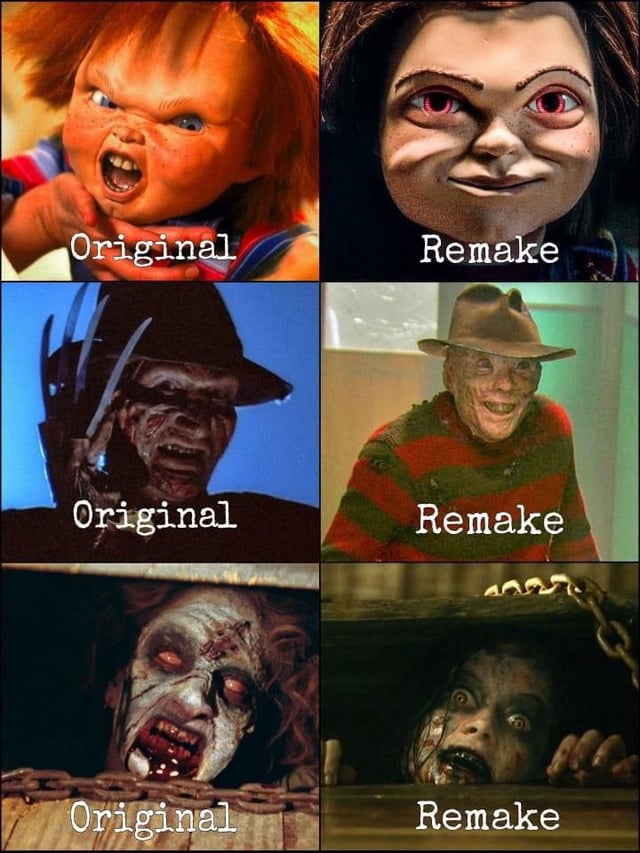
Experiencing the original version is a unique, one-time event.
The experience of watching something new and unfamiliar can evoke feelings that are often impossible to replicate in a remake. The originality of these first-run films is a big part of their charm.
2.2 Cultural and Historical Context
Original films also hold historical significance. They often reflect the time and culture in which they were made, providing a window into society at that moment. For example, The Godfather (1972) offers not only an incredible story but also a snapshot of the social and political climate of the time. Originals often shape and define pop culture, leaving their mark on the industry in a way that remakes can’t always do.
3. The Drawbacks of Remakes
While remakes have the potential to offer new experiences, they can also fall short of expectations. There are a number of challenges and criticisms that often arise with remakes, especially when they don’t live up to the legacy of their originals.
3.1 Missing the Magic of the Original
One of the most common criticisms of remakes is that they often fail to capture the magic of the original film. Whether it’s the tone, the charm, or the original performances, remakes can struggle to replicate the same emotional depth that made the original so memorable. The absence of nostalgia and raw emotional impact can leave the remake feeling hollow, even with modern special effects.
Remakes sometimes focus too much on visuals and technology and not enough on heartfelt storytelling. This often results in a version that looks great but doesn’t connect with audiences in the same way.
3.2 Overuse of Nostalgia
Another drawback of remakes is the overreliance on nostalgia. Studios often rely on familiar elements from the original film, such as iconic scenes or beloved characters, without adding anything new. While nostalgia can be a powerful tool, it can also feel forced, especially when it’s used simply as a marketing strategy. Audiences may end up feeling like the film is just rehashing old material rather than offering something fresh.
4. When Remakes Get It Right
Despite the drawbacks, there are several examples of remakes that not only match the originals but actually improve upon them. These successful remakes offer fresh takes on the story while maintaining the core themes and emotional power of the original.
4.1 Remakes That Improved the Original Concept
Some remakes succeed by taking the original concept and expanding on it, adding depth or improving upon aspects like special effects or character development. The Dark Knight (2008), for example, is widely considered to be a superior version of its predecessor Batman Begins (2005), thanks to its complex characters and stunning cinematography. Similarly, The Thing (1982) enhanced the concept of its 1951 original by introducing innovative special effects that added to the film’s horror and suspense.
These remakes succeed because they don’t just replicate; they build upon the original, bringing something new while respecting the foundation laid by the first film.
4.2 When the Remake Expands on the Original Universe
Some remakes have the opportunity to expand on the original universe, offering more details, backstories, and world-building. Films like It (2017), a remake of the 1990 TV miniseries, brought new layers to the original Stephen King story, delving deeper into the characters’ pasts and the mythology of Derry, the haunted town at the center of the story. This allowed the remake to give audiences a richer experience while still paying homage to the original.
Conclusion: Which Version Is Better – Original or Remake?
The debate between originals and remakes is one that will continue for years to come. While there’s no clear-cut answer, as each version has its strengths and weaknesses, it ultimately depends on what you’re looking for in your viewing experience. Original films offer that unique, first-time magic and cultural significance, while remakes provide an opportunity for modernization and new interpretations.
In the end, the answer to whether the original or remake is better is subjective, but both versions can offer something valuable to audiences. It’s all about finding what resonates with you the most.
FAQs
Which is better: the original or remake?
The answer depends on personal preference. Original films often offer a unique, timeless experience, while remakes can bring fresh perspectives and modern updates.
Are there any remakes better than the original?
Yes! Some remakes, like The Dark Knight or The Thing (1982), have improved on their originals by adding more depth, technology, and complexity to the story.
Why are remakes so popular?
Remakes are popular because they provide an opportunity to revisit classic stories with updated technology, fresh talent, and new perspectives for modern audiences.
By analyzing both originals and remakes, it’s clear that both versions offer something valuable to moviegoers. Whether you’re a fan of the classic untouched originality or enjoy reimaginings with a modern twist, there’s no right or wrong choice—just personal preference.
5. Audience Perception: Original vs Remake
The audience’s preference between an original film and its remake plays a crucial role in determining the success of both versions. Some fans remain deeply attached to the original, while others embrace the fresh take provided by the remake.
5.1 The Fear of Disappointment
One of the main reasons many audiences prefer the original is the fear of disappointment. Often, when a beloved film is remade, expectations are high. Fans of the original version want to relive that same magic, and when the remake doesn’t live up to their memories, it can feel like a letdown. This sense of anticipation can create a sense of nostalgia, which the remake might not fully capture.
For example, fans of the Ghostbusters franchise had high hopes for the 2016 remake, but it struggled to replicate the humor and charm of the 1984 original, leaving many disappointed despite its star-studded cast and updated effects.
5.2 Attachment to the Original Cast and Story
Another significant factor influencing audience perception is the attachment to the original cast and story. When a classic movie or series is remade, audiences often feel a sense of loss when the original actors or the original tone isn’t maintained. The nostalgia associated with the original characters can make it difficult for viewers to embrace new faces in iconic roles.
For instance, The Karate Kid (1984) holds a special place in the hearts of fans, and though the 2010 remake with Jackie Chan and Jaden Smith offered a fresh take, it didn’t resonate as strongly with audiences who were attached to Ralph Macchio’s version of the beloved character.
6. When Remakes Get It Right
While there are certainly many examples of remakes failing to live up to expectations, there are also several that improve upon or reimagine their originals in meaningful ways. Some remakes offer modernized visuals, updated storytelling, or new perspectives that enhance the viewing experience.
6.1 Remakes That Improved the Original Concept
Some remakes surpass the original in terms of storytelling and production quality. For example, The Dark Knight (2008) not only brought a more complex version of Batman to life but also redefined the superhero genre, elevating it to a level that previous Batman films had not achieved. The remake of It (2017) captured a new generation’s attention with its psychological depth and terrifying atmosphere, while still honoring the source material.
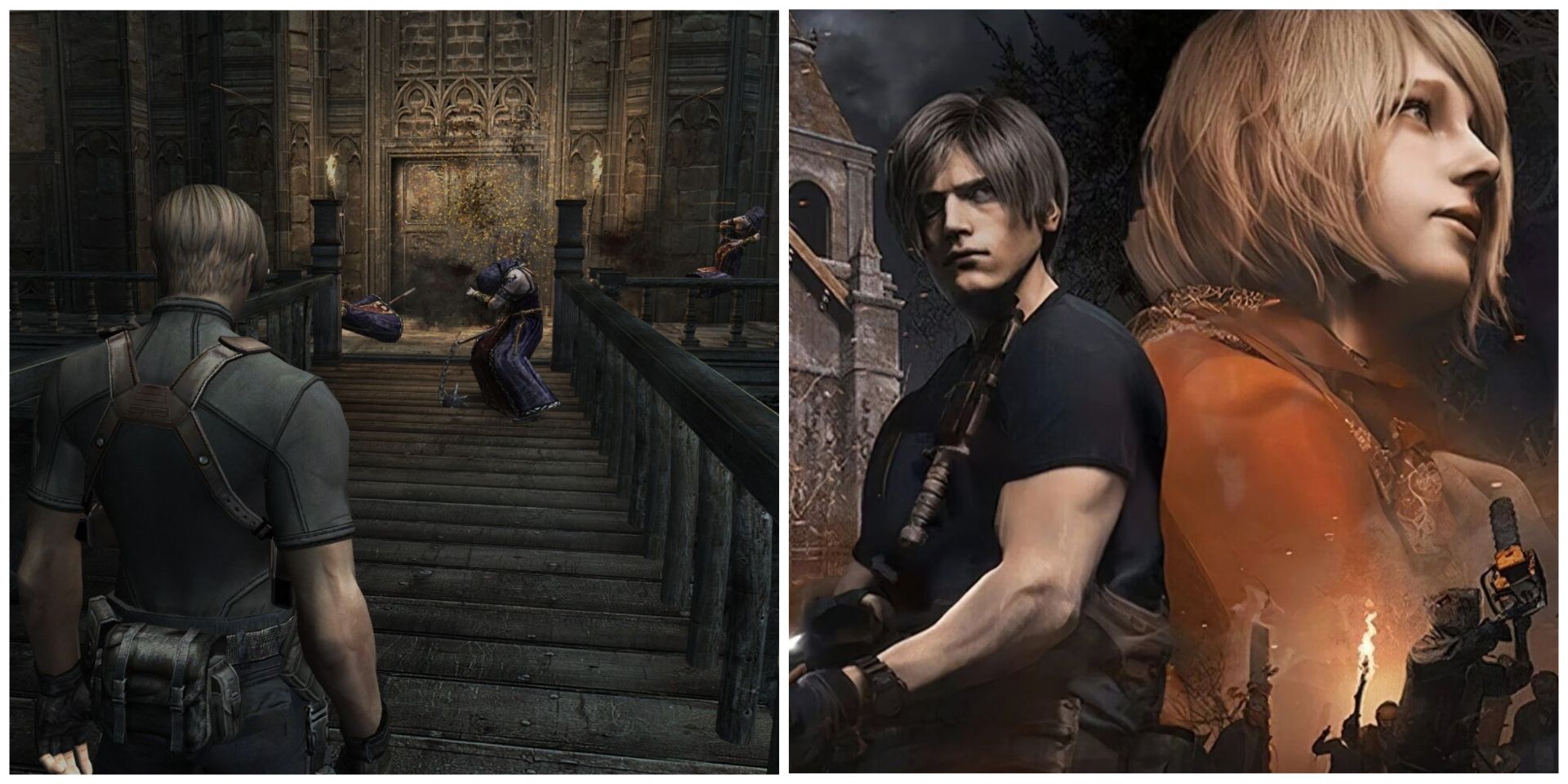
The Dark Knight improved upon its original Batman predecessor, setting new standards for superhero films.
These remakes succeed because they innovate where the original may have been limited by its time or technology, bringing something fresh to the table without losing the essence of the original story.
6.2 When the Remake Expands on the Original Universe
Remakes also offer the opportunity to expand the original universe, creating a deeper and richer experience. The Jungle Book (2016) is a prime example of this. While the 1967 animated version was a delightful, simple adventure, the 2016 remake provided more backstory for the characters, exploring Mowgli’s relationship with the jungle and its animals.
Similarly, It (2017) provided a more detailed exploration of the Losers’ Club, giving viewers more insight into their childhoods and their shared trauma. This expansion of the original story helped to give depth to characters who were more one-dimensional in the original 1990 miniseries.
7. Conclusion: Which Version Is Better – Original or Remake?
The debate between original vs remake ultimately depends on what you value most in a film. Original films often offer a unique viewing experience, capturing a moment in time and delivering a fresh, bold perspective. They are the films that take creative risks, and their cultural impact can last for decades.
On the other hand, remakes provide the opportunity to revisit these beloved stories with modern technology, updated characters, and even a fresh perspective. While they sometimes fall short in capturing the magic of the original, there are many remakes that bring new life to stories, offering something both old and new for today’s audiences.
In the end, both versions have their merits. Originals create timeless experiences that resonate with us emotionally, while remakes have the ability to reimagine and expand upon those experiences, often introducing the story to a new generation. Which is better? It’s subjective. Some might argue that the original holds a special place, while others believe that the remake can surpass expectations.
Ultimately, it’s about personal preference and what resonates with you as a viewer.
FAQs
What makes a good remake?
A good remake often brings something new to the table while still staying true to the spirit of the original. It should offer updated visuals, deeper character exploration, and enhance the original story without overshadowing it.
Are there any remakes that are better than the original?
Yes! Remakes like The Dark Knight, It (2017), and The Jungle Book (2016) are examples of films that improved upon their originals by offering modern storytelling, better technology, and stronger performances.
Why do people prefer original films over remakes?
Many people prefer original films because of the unique, untouched experience they provide. Originals often capture the visionary essence of a filmmaker and offer audiences something fresh and unpredictable that can’t be replicated in a remake.
By weighing the pros and cons of originals and remakes, it’s clear that both versions bring something valuable to the table. Whether you’re a fan of the classic, or you enjoy the modern twist that remakes bring, the beauty of cinema lies in the diverse ways these stories continue to evolve and capture the hearts of audiences.

